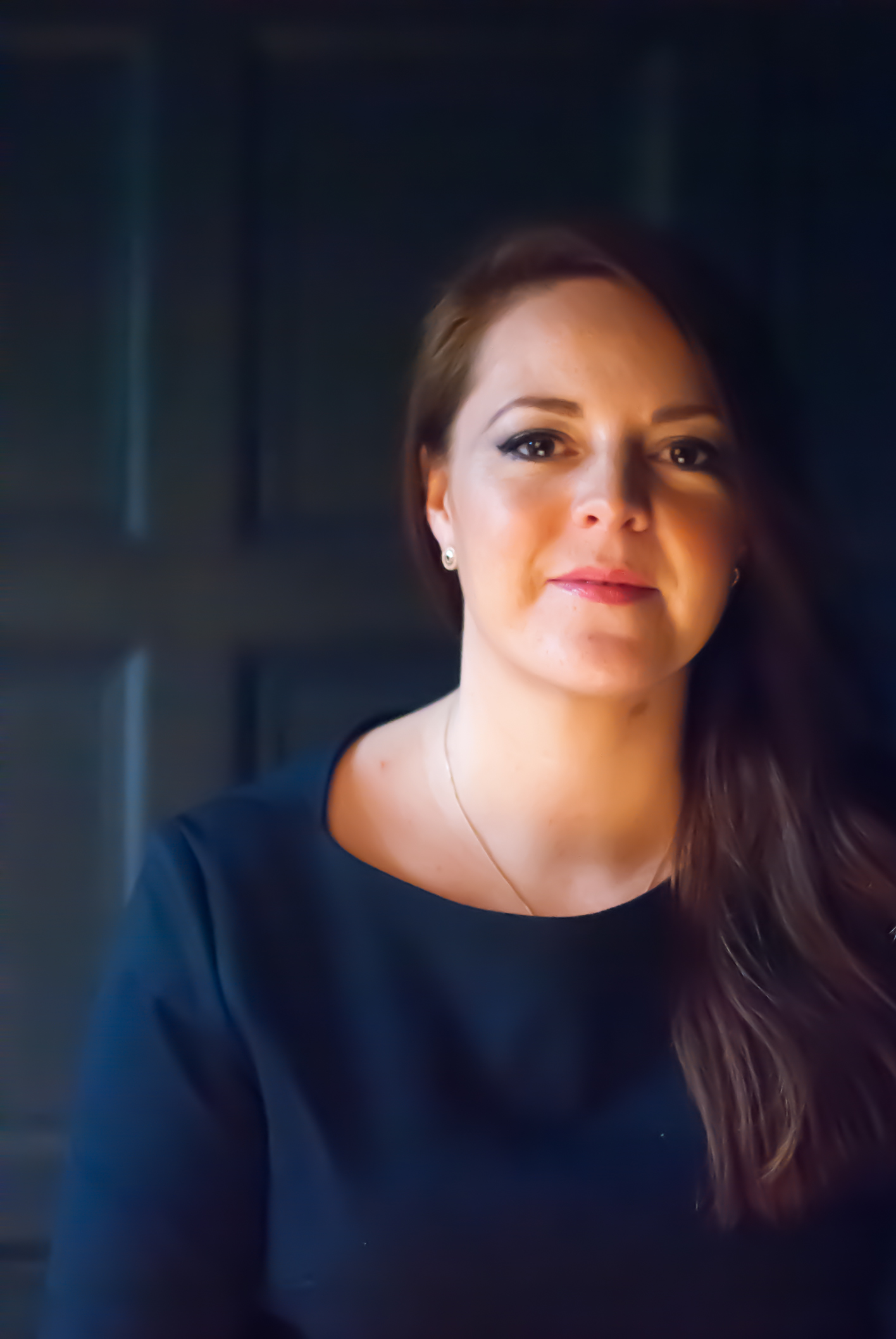Making business more productive with Strathclyde
By Andrea Fife - Posted on 22 November 2018
Operations Director at Perfect Service Solutions Andrea Fife was introduced to the Productivity through People programme following her MD’s progress through the Growth Advantage Programme. Here she outlines the benefits of what she learned.
Our MD Simone Hart Sibbald was on the first cohort of the Growth Advantage Programme in 2015. I accompanied her to one of the sessions, which I found interesting so when Simone brought up the Productivity through People programme, I was definitely keen to take part in the Strathclyde executive education programme when it was offered to us.
When the programme was referred to Perfect Service Solutions, it came at just the right time for us as we’ve had a big push towards productivity and business improvement initiatives.
Every module, it was almost like kismet; what we were learning about reflected what was actually happening in the workplace at that time: we went through a big change at work and we happened to be doing the change management module; we were tackling communication challenges and along came the communication module.
For me, this programme wasn’t just about productivity, it was finding out how I could unlock the motivation and potential of our people. I’d learned the skills and tools that we needed to carry out projects around process improvement but I wanted to get the rest of the team on board with these and to know how to best motivate them to do it; each module was designed to equip the delegates with a toolkit for doing just that.
One session that was particularly impactful on our organisation was a module led by Ranjit Das of Strathclyde Business School – he got us to do activities around personality including the Myers Briggs Personality Test – I went back to the workplace buzzing with enthusiasm and getting everyone involved. I personally got a lot out of it – we were learning about our own personalities - but it was also so beneficial to learn about our colleague’s personalities. By understanding each person’s type we were able to work out ways of working that suit them best; how we manage time, deal with stress, how we can structure meetings around what suits different people. We got to know each other’s motivations and drivers and how to get the most out of each other - when your team feels understood, it’s easier to motivate them in the direction that you need them to go.
PtP is delivered in collaboration with four organisations - GSK, Rolls-Royce, BAE Systems and John Lewis Partnership. With each one, we were given a case study about the companies and how it related to the case module we were working on. On the second day we’d go a site visit to the organisation and meet the key people involved in the case study. The PtP delegates come from very varied sectors, but when it comes to business, we face some of the same issues – we got to talk about how these large organisations overcame a particular challenge and learn from their mistakes and successes. When the challenges could be overcome in such large organisations, it made it seem like the same issues could be easily fixed in our much smaller organisations.
I particularly took a lot from the John Lewis case study – communication is a big challenge for us and they’ve done it so effectively using different channels of communication internally. With John Lewis we saw how better communication between work colleagues translates to better working practices externally.
Although the delegates come from very different sectors, we found that typical business issues were universal, and we learned a great deal from each as to how we had addressed them in our own organisations.
I’ve taken something back to work from each module and implemented processes/initiatives aimed at improving the culture of our organisation. The most recent module, Enhancing Communication, is fresh in my mind – I think you can tell how valuable a module is by how mentally exhausted you are after it. The communications module left me mentally drained by the end of day three; we think communication is easy, because it is something we engage in daily, so it was like re-training my brain to be a more effective communicator, and understanding the theory behind how we are communicating.
Our final coaching session with Dr Andy Bass was great. He got us to do some exercises around giving and receiving messages and thinking about how the message would be received before we give it. I wish I’d done this years ago as I might have approached some situations differently to how I did in the past.
For a lot of people, the barrier to learning like this is that they are in demanding and busy role and, especially in SMEs - where you are doing not just one job but often three or four - taking time out of the business is difficult to justify. However, for me, whilst this year has been one of the most challenging years in our business as we are rapidly growing, the time I took out was so valuable. I spent each module away from the immediate action and reaction of the workplace and focused on thinking about how to improve a specific area of the business - it really was invaluable.
Although I felt anxious taking time out of the business, I was excited about each module and I got to spend three days at a time thinking about an important area of business and how to improve it. It is essential to take time out to do the best for your business, bring the learning back and implement it to make improvements for everyone.
Personally, when I go into a learning situation I take absolutely everything I can from it– I think about how I can apply the learning to my work and make things better for the business. It would be remiss of me to close my books and never think about what I’d learned after the end of the course. What I’ve learned - understanding our people, encouraging innovation, managing change and enhancing communication - are the building blocks of the workplace.
When I look back to March when I started the programme and where the business was, and compare to where we are now, a lot has changed.
I’d urge anyone to do Productivity through People if they have the opportunity and the willingness to learn and take action upon it: it will definitely improve your business.










